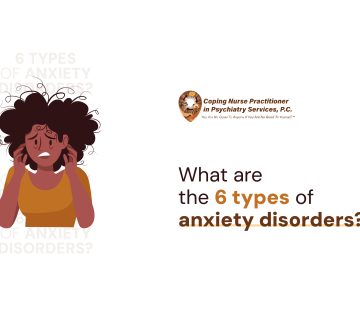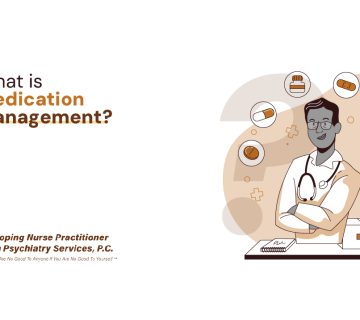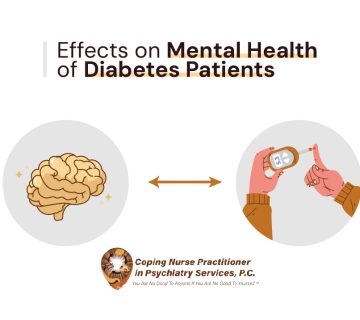Benefits of going to church
Church is a social experience. From weekly services to Bible study to committee meetings, there’s no shortage of ways to connect with others and socialize regularly. This can stave off feelings of isolation that you might otherwise experience.
Church provides a sense of community that can be hard to find in other settings. When you’re having a difficult time in life, you may typically turn to your peers at church for help and support.
Your church might even provide mental health and other counseling services so you get support when you need it.
Impact of quarantine on your mental health
Whether you’re quarantining with your immediate family or by yourself, it’s an isolating experience — especially without your usual church community and the regular socializing it brings.
Studies have shown that social isolation and loneliness are linked to poor physical and mental health. Without your regular support structure, feelings of depression and anxiety can be triggered or enhanced.
You may also find yourself feeling even more stressed and worried than usual during the pandemic. This can lead to an increased use of substances or heightened symptoms of mental health disorders like PTSD and bipolar disorder.
While many churches are offering online services and a chance to connect remotely, it doesn’t always have the same impact as attending church in person.
How faith-based counseling can help
When you need the support of a church during this challenging time in the world, faith-based counseling can help. While it’s not a perfect substitute for going to church, it does offer you a chance to connect with someone who understands your faith and can tailor treatment to reflect your beliefs and values.
We combine modern, evidence-based approaches in counseling with traditional Christian values. Before starting treatment, we discuss your beliefs with you to better understand your spiritual side so you feel connected to treatment.
When you work with a counselor who is familiar with Christian concepts, stories, and beliefs, it creates a bridge between your feelings of isolation and your connection to your spirituality. It can also be an effective way to help cope with the mental, emotional, or spiritual difficulties you’re experiencing as a result of quarantine.
You don’t have to let quarantine intrude on your mental health. To find out how our faith-based counseling can help fill the void of not being able to attend church, call our office or send us a message online today.





No comment